Fieldwork
This listing expired on February 22, 2019. Please contact isabelle.coupal@umontreal.ca for any updated information.
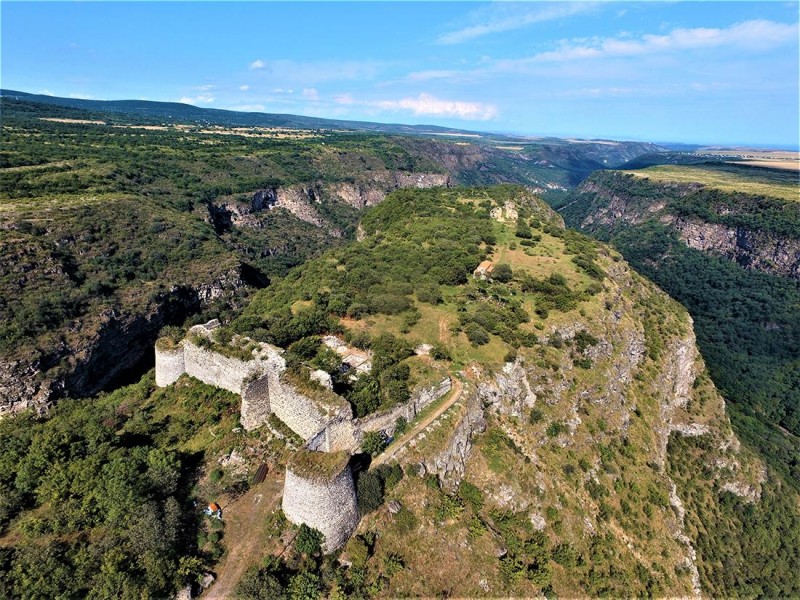
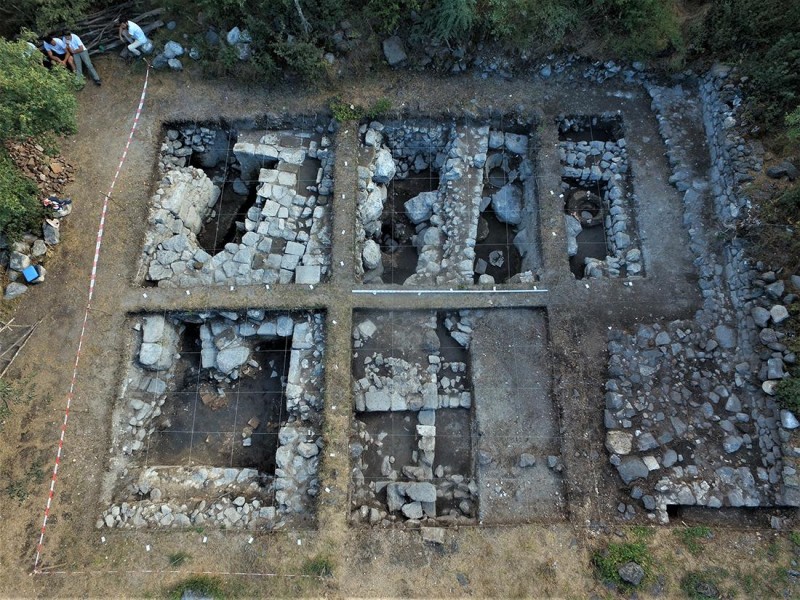
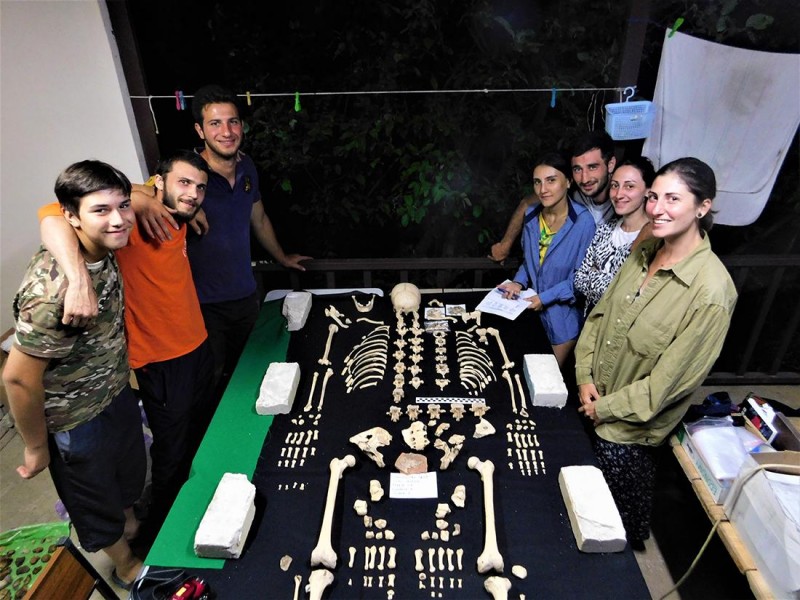
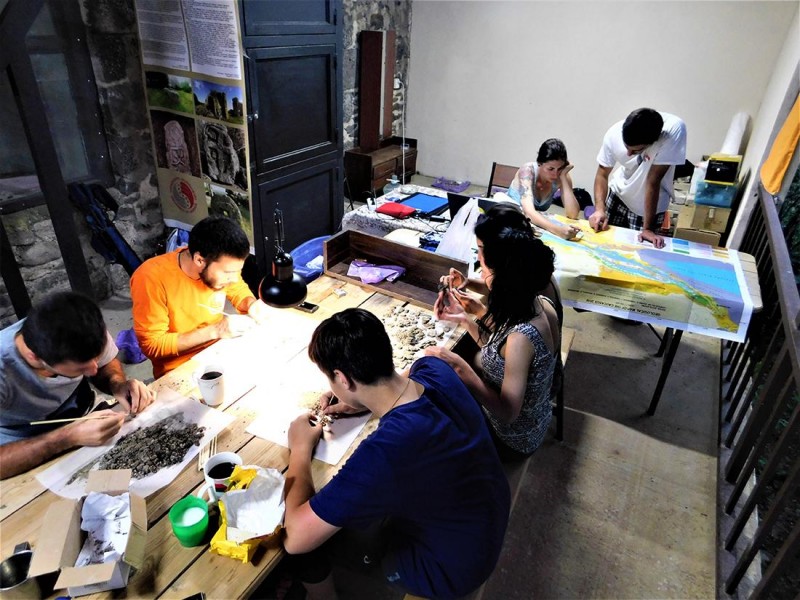
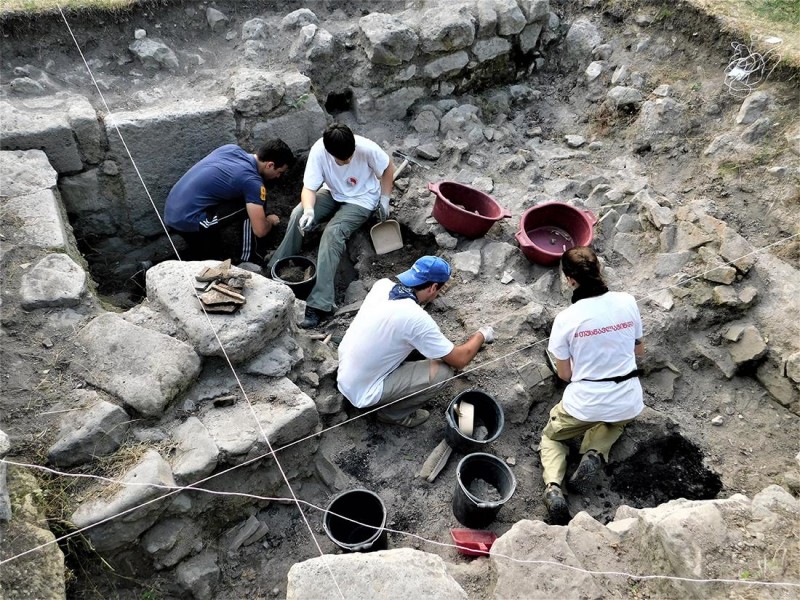
Location: Samshvilde, GE
Season: July 15, 2019 to August 6, 2019
Application Deadline: February 22, 2019
Deadline Type: Exact date
Website: http://samshvilde.ug.edu.ge/en/summer_schools
Program Type:
Field school, Volunteer
RPA Certified:
no
Affiliation:
University of Georgia (Tbilisi)
Project Director:
Professor David Berikashvili, University of Georgia (Tbilisi); Isabelle Coupal, M.A., University of Montreal (Canada)
Project Description:
Period(s) of Occupation: Bronze Age, Medieval
Project Size: 1-24 participants
Minimum Length of Stay for Volunteers: 3 weeks
Minimum Age: 18
Experience Required: Because this is course aimed at beginners, applicants are NOT required to have previous experience in archaeology or bioarchaeology. Applicants must be fit to do physical labor, be proficient in English, and have an interest in archaeology.
Room and Board Arrangements:
Full room and board is included with tuition. Staff and students will reside in a dig house in the village of Samshvilde, which is only a 15 minute walk from the site. It is newly renovated and has all necessary commodities. The following will be provided: food, electricity, WiFi, hot water, showers, toilets, beds with mattresses, washing machine for clothing, a kitchen and workspace. The following will NOT be provided: bedding. There is a small shop in the village where you can buy additional treats. Dinners are prepared by our housekeeper. You may bring additional food of your own. Please communicate with the organizers if you have dietary restrictions or allergies. Cost: 4750 Georgian lari (1800 USD)
Isabelle Coupal
3150 Jean-Brillant, Office C-3086
Montreal
Quebec
H3T 1N8
Canada
Phone: 514-343-6111 ext.3596
The AIA is North America's largest and oldest nonprofit organization dedicated to archaeology. The Institute advances awareness, education, fieldwork, preservation, publication, and research of archaeological sites and cultural heritage throughout the world. Your contribution makes a difference.
Notifications